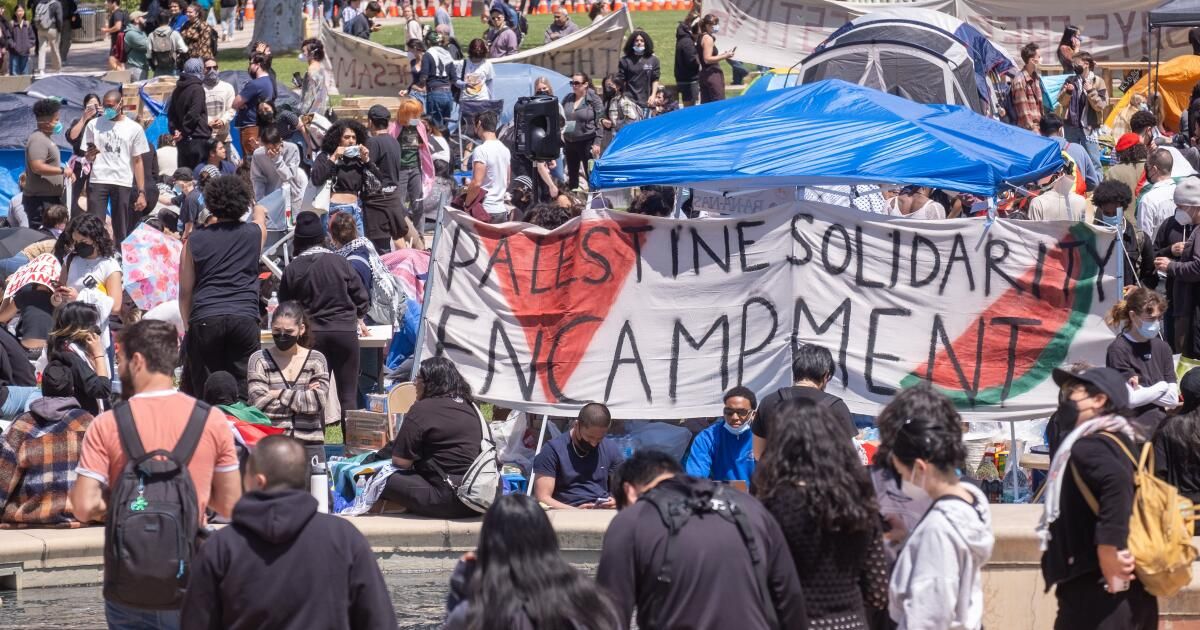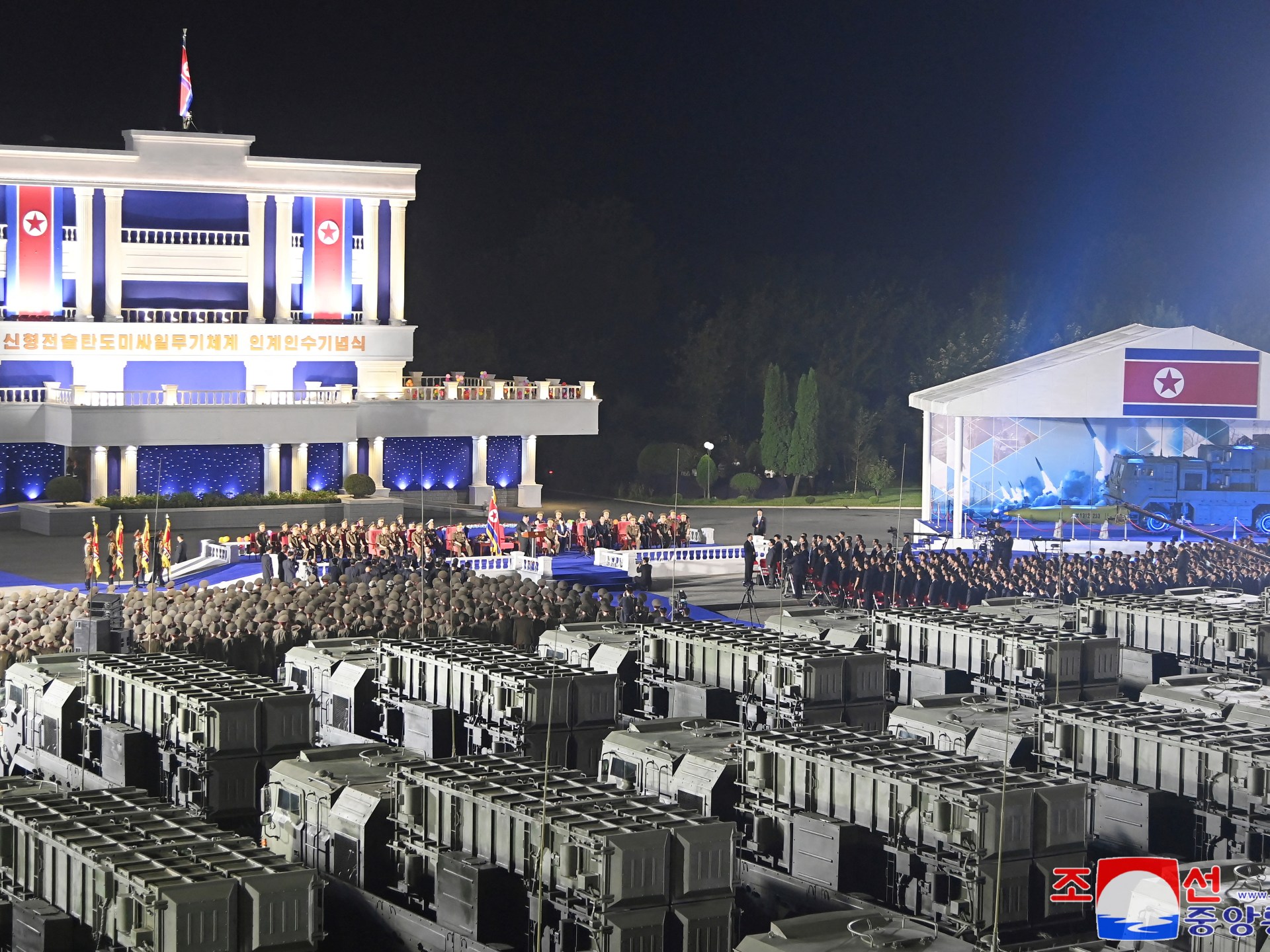The University of California will not divest from companies that do business with Israel or boycott academic exchanges with the country, rejecting demands that are driving the pro-Palestinian protests sweeping campuses across the country.
“The University of California has consistently opposed calls to boycott and divest from Israel,” the UC said in a statement released Friday. “While the University affirms the right of members of our community to express diverse points of view, such a boycott affects the academic freedom of our students and faculty and the unlimited exchange of ideas on our campuses.”
UC also said that revenue from tuition or fees is not used for investment purposes. Instead, tuition and fees serve as “primary sources of funding for the University's core operations,” according to the statement.
This appeared to address a central demand of the UC Divestment Coalition: that student tuition dollars not be used to make investments that support war and weapons manufacturing, including companies that supply weapons and services to Israel.
The university's $169 billion investment portfolio includes funds for its retirement plan, endowment and working capital. There was no estimate available on how much of that portfolio is invested in companies that do business with Israel.
Divestment advocates have especially targeted BlackRock, the world's largest asset manager. Others have taken aim at Amazon and Google for their $1.2 billion cloud computing and artificial intelligence services contract with the Israeli government. The sit-ins at several Google offices led the company to fire 28 employees who participated in this month's protests.
Student organizers of the anti-UC divestment campaign said the university's position would not deter them from continuing to organize. The UC Divest Coalition includes chapters at UCLA, UC Berkeley, UC Irvine, UC Santa Barbara and UC Santa Cruz.
“We understand that these investments are profitable for UC. War is profitable,” said an organizer of the UCLA divestment campaign, who requested anonymity to protect his personal safety. “It just means we have to keep organizing.”
The organizer said the goal of the campaign was to redirect UC investment dollars from companies that promote “mass violence perpetrated against people around the world” through the manufacturing of weapons, for example, or surveillance technology. Instead, UC funds should better support students, staff and faculty affected by unaffordable housing, low wages, college debt and other financial hardships.
In 2020, UC became the largest university in the country to divest from fossil fuels, a five-year effort undertaken to fight climate change by shifting funds to more environmentally sustainable investments, such as wind and solar energy. UC sold more than $1 billion in fossil fuel assets from its pension, endowment and working capital funds and surpassed its five-year goal of investing $1 billion in clean energy projects.
UC also joined the anti-apartheid divestment campaign against South Africa in the 1980s, after thousands of student protesters boycotted classes, erected slums to dramatize the plight of black South Africans, and provoked a police crackdown and arrests at UC Berkeley. UC had made investments of more than $3 billion in companies that owned plants, had employees or did business in South Africa.
But it will be harder to persuade the UC to ditch Israel, which has fierce and powerful supporters.
University leaders have already spoken out against targeted actions against Israel, including in a 2018 statement from 10 campus presidents who rejected an academic boycott and supported continued engagement with both Israeli and Palestinian colleges, universities, and colleagues.
A boycott would represent “a direct and serious threat to the academic freedom of our students and faculty, as well as the unrestricted exchange of ideas and perspectives on our campuses, including debate and discourse on conflicts in the Middle East,” the statement said. . which was reaffirmed in 2023.
A member of the UC Board of Regents said Saturday that the anti-Israel campaign would go nowhere. “We are never going to divest,” said the regent, who spoke on condition of anonymity.
The regent was not in favor of dismantling the protest camps, saying an escalation would be reckless, but added that board members planned to have discussions this summer about what the appropriate time, place and form of protests should be.
UCLA student organizers said the divestment effort would take years (the anti-apartheid campaign lasted more than two decades before it succeeded) and that the recent wave of student protests would only strengthen.












